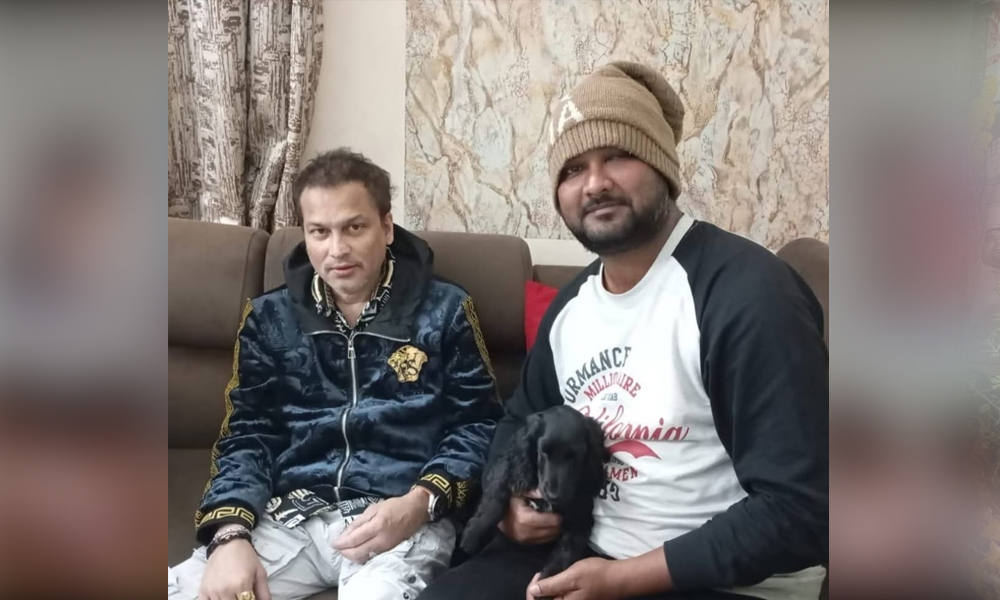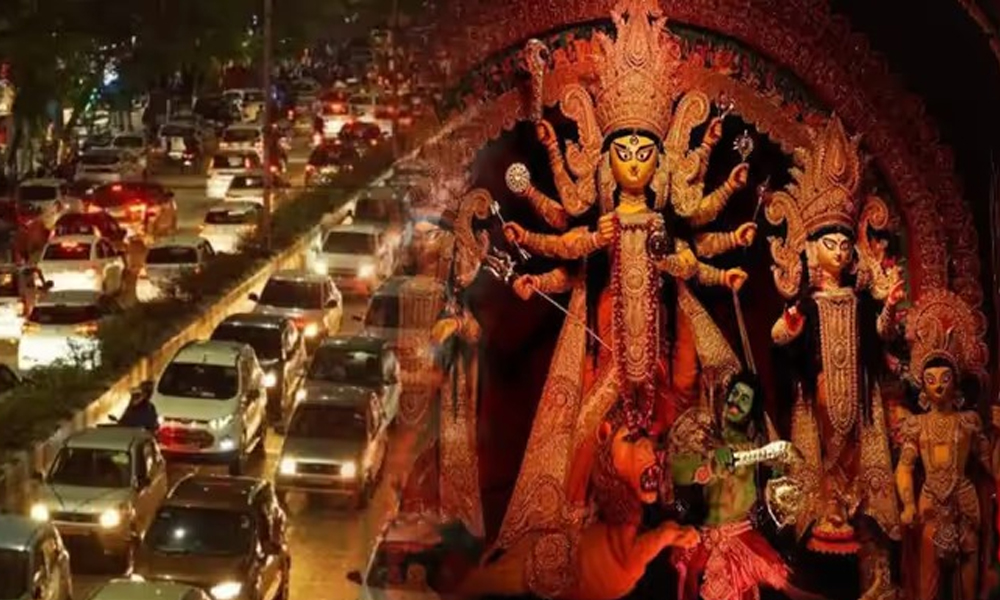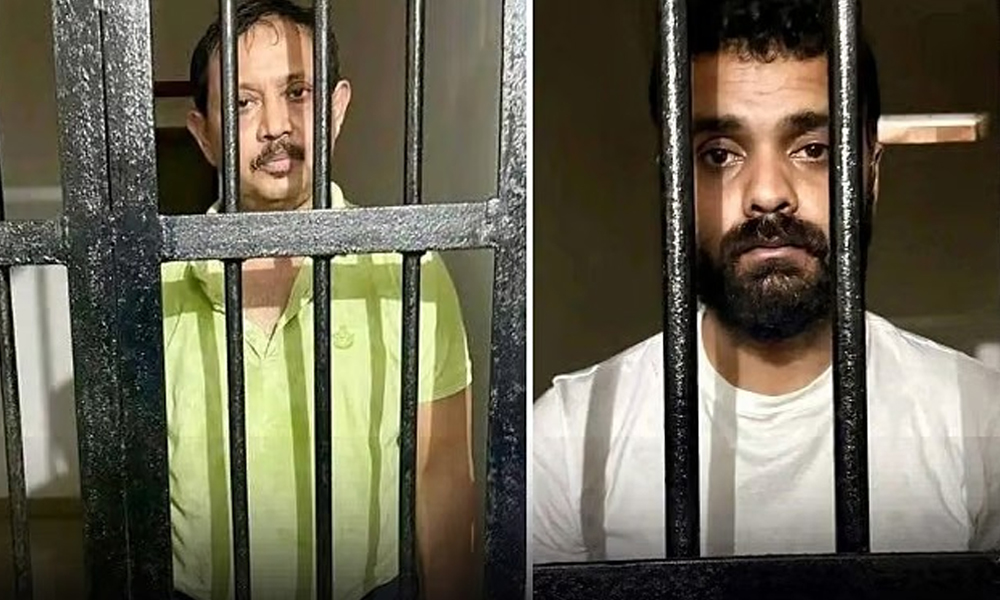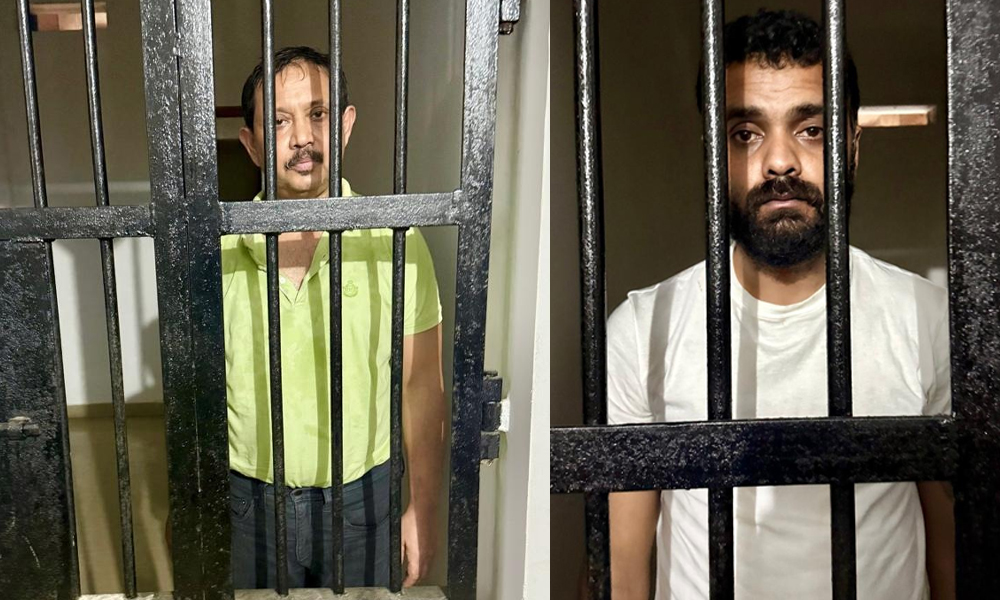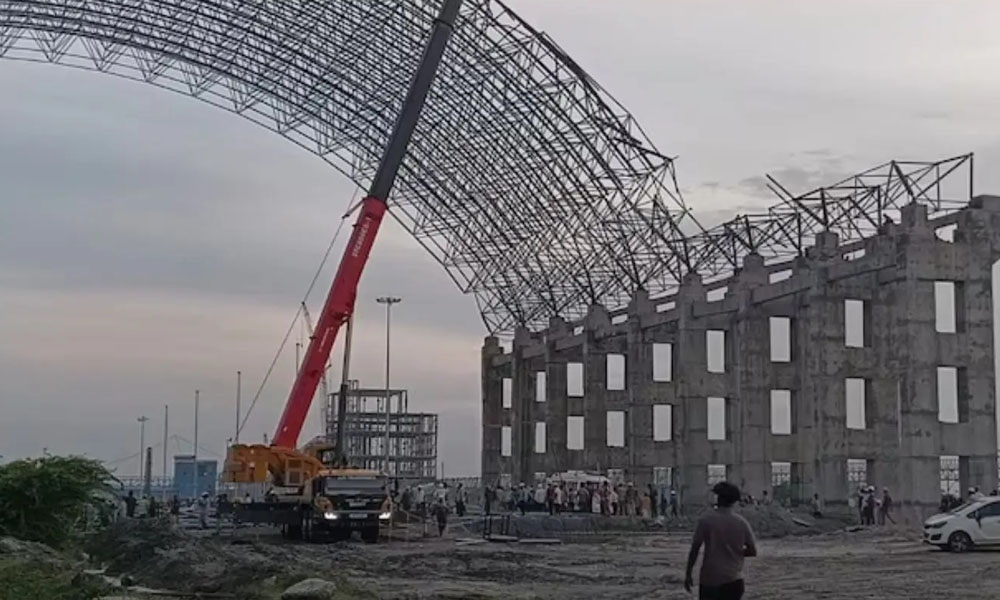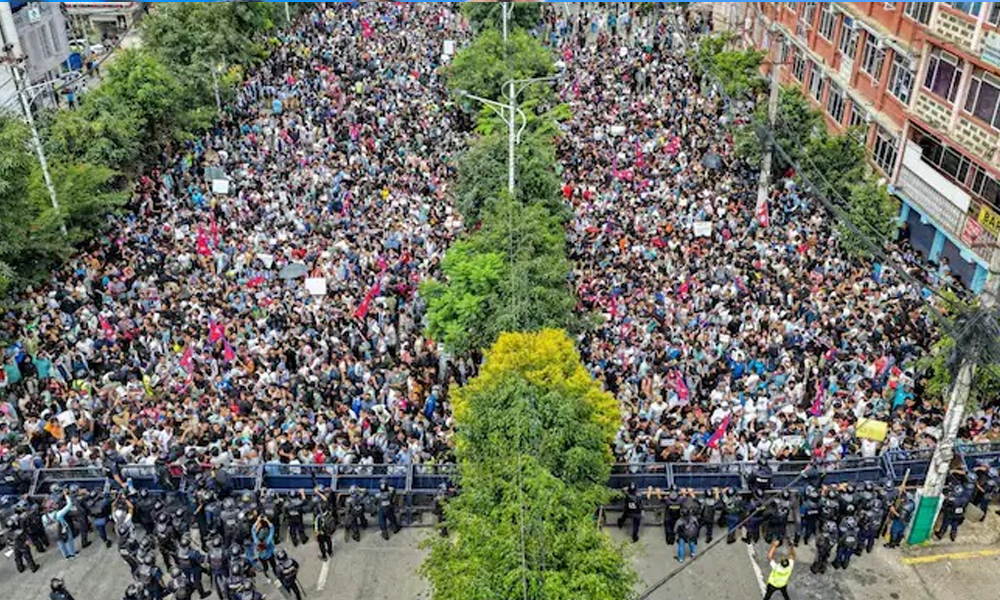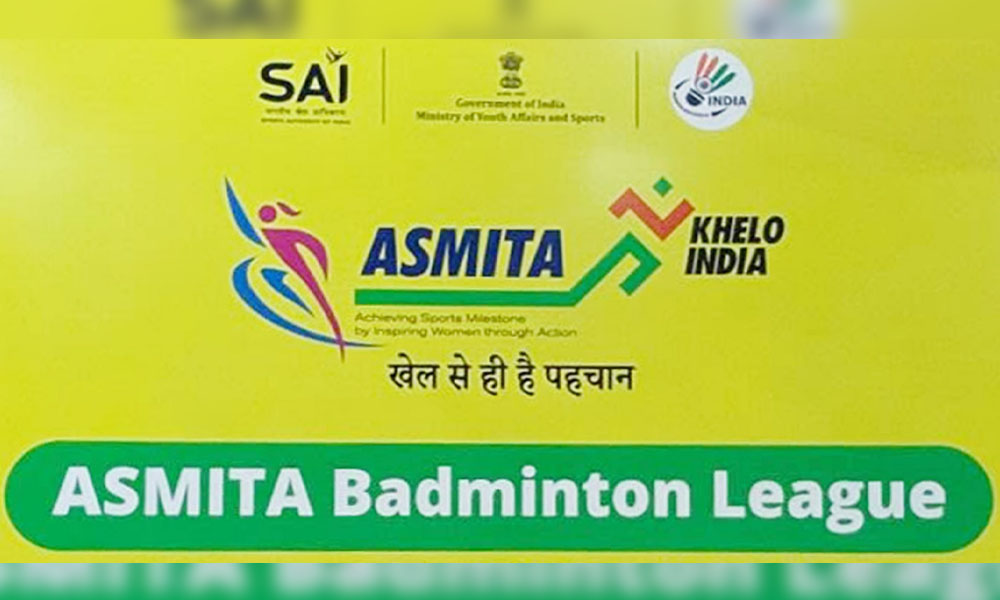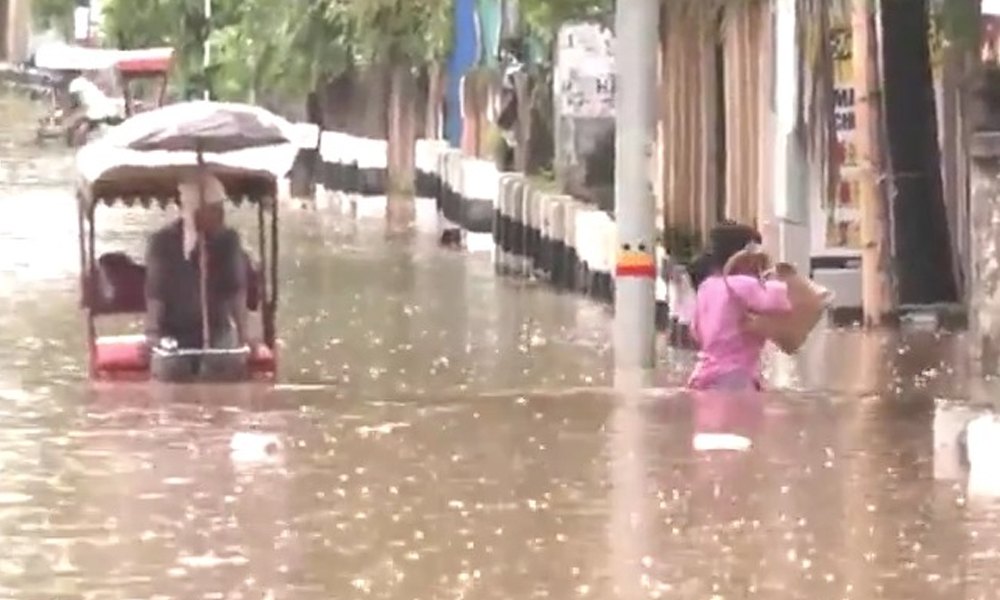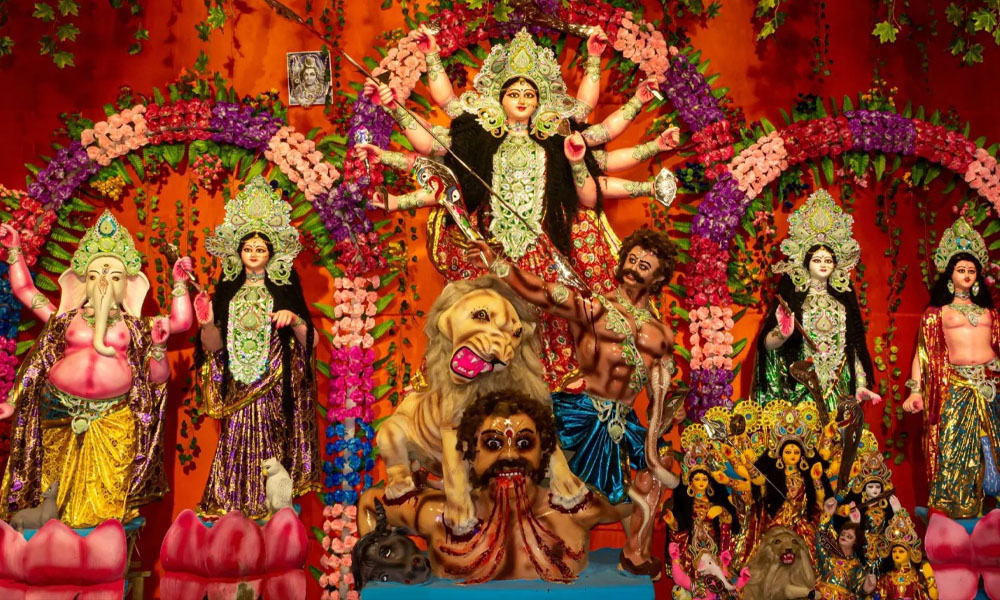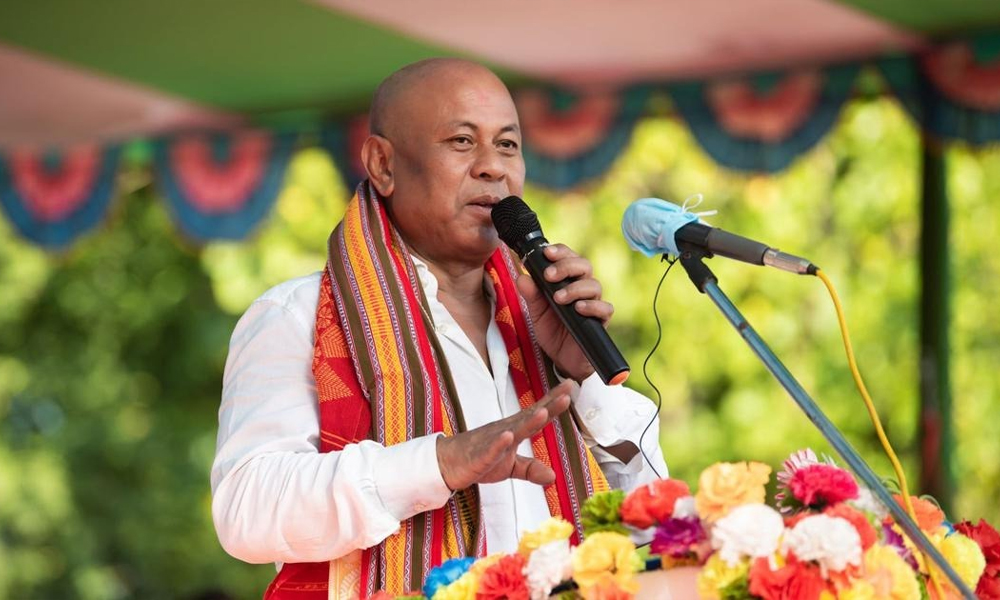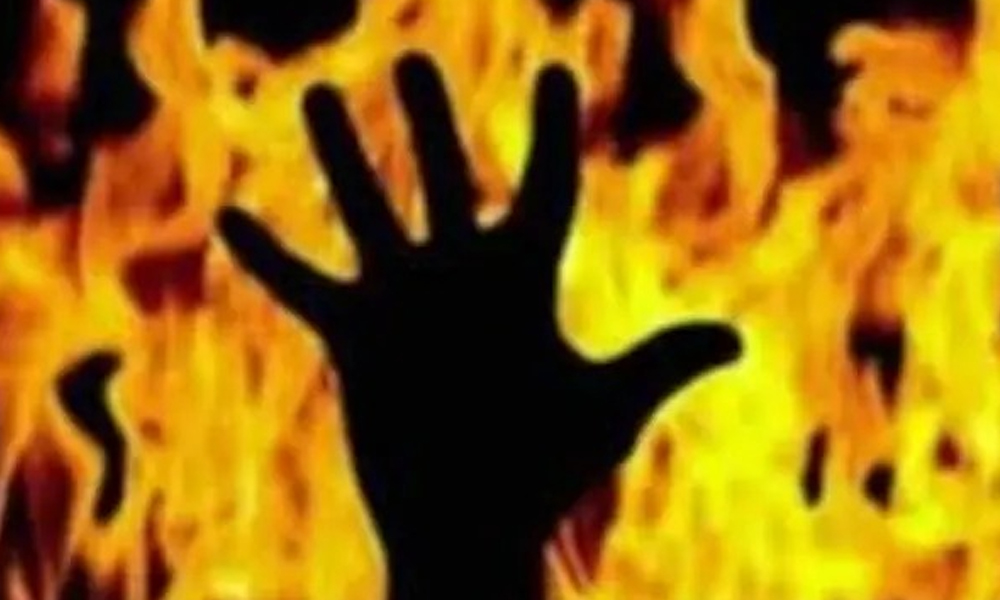Digital Desk: The Chakma and Hajong communities, who claim that the decision violates their fundamental rights, have criticised the Arunachal Pradesh government's decision to suspend all residency proof certificates (RPC) in Changlang district.
Commissioner
Kaling Tayeng issued the decision, which also prohibits the issuance of new RPC
certificates in the Changlang district of southern Arunachal (political). RPCs,
as opposed to permanent residence certificates, are temporary documents given
to residents of a certain location.
Those
from the Chakma and Hajong communities who have not yet obtained Indian
citizenship and who lack identification cards like passports have been given
RPCs. Members of the two communities are assisted by the RPCs in joining
paramilitary organisations and pursuing further education in other states.
The
directive was issued on Sunday, one day after the state administration
established a five-person committee under the direction of Opak Gao, secretary
for food and civil supplies, to look into the matter of RPCs in Changlang.
Two
members of the All Arunachal Pradesh Students Union (AAPSU), the most powerful
student organisation in the state, who threatened to go on strike on August 3
over the issuance of RPCs to Chakmas and Hajongs in Changlang, will serve on
the committee. After the committee was established by the government and given
a 15-day deadline to report its conclusions, the demonstration was called off.
"Since
1982, the Changlang district government has been issuing RPCs to Chakmas and
Hajongs even though the Supreme Court has not issued a similar directive. The
committee will look into how the RPCs were issued, according to Nabam Gandhi,
vice president of the AAPSU for protocol, who spoke in Itanagar on Sunday.
The
Arunachal Pradesh Chakma Students Union (APCSU) responded to the government's actions
by stating that the state government has been giving RPCs to Chakma and Hajong
youths for many years in order to allow them to seek higher education in other
states and to join paramilitary forces.
The
future of the current generation and future generations would be destroyed by
the recent decision suspending all RPCs and further suspending the issuance of
new RPCs. Denying RPCs to youth will deprive them of their fundamental rights,
including education and the ability to enrol in different universities and
colleges, according to Drishya Muni Chakma, president of the APCSU.
In
order to flee religious persecution, Chakmas and Hajongs, who practise Buddhism
and Hinduism, respectively, migrated to India between 1964 and 1966 from the
Chittagong Hills Tract (CHT) of then-East Pakistan (now Bangladesh). They
settled in the North East Frontier Agency (NEFA), which is now Arunachal
Pradesh, as part of a rehabilitation plan to help them start over.
Although
both populations initially benefited from a number of rights and amenities,
including government jobs, over time many benefits were removed by succeeding
Arunachal Pradesh governments. Chakmas and Hajongs are seen as illegal
immigrants by the majority of indigenous organisations and tribal groups in the
northeastern state, who want them to leave Arunachal Pradesh.


